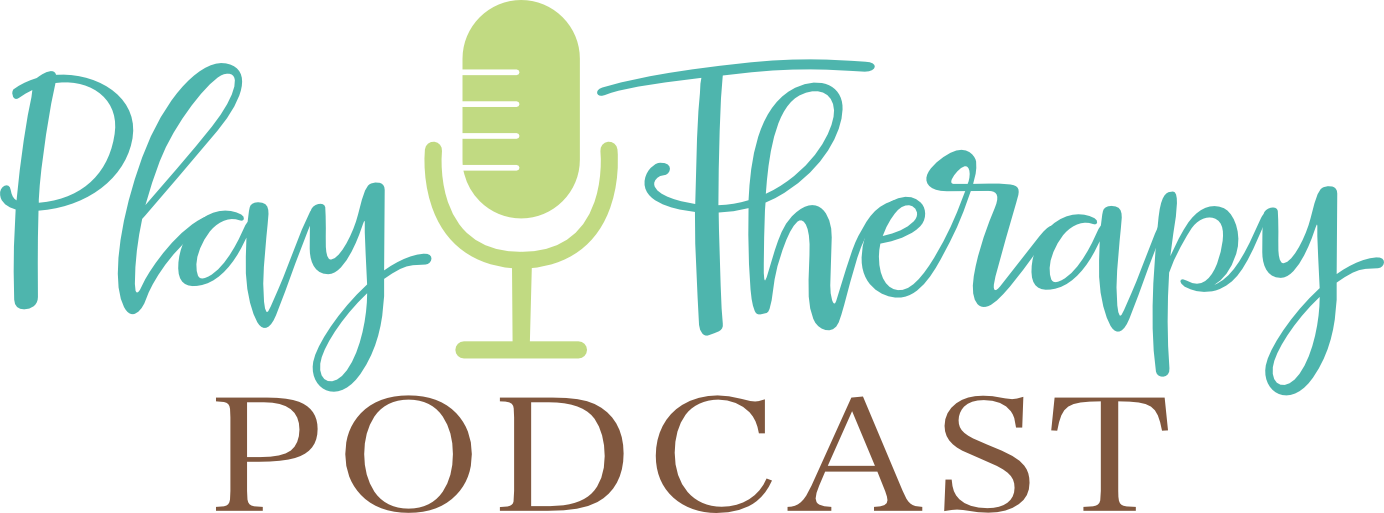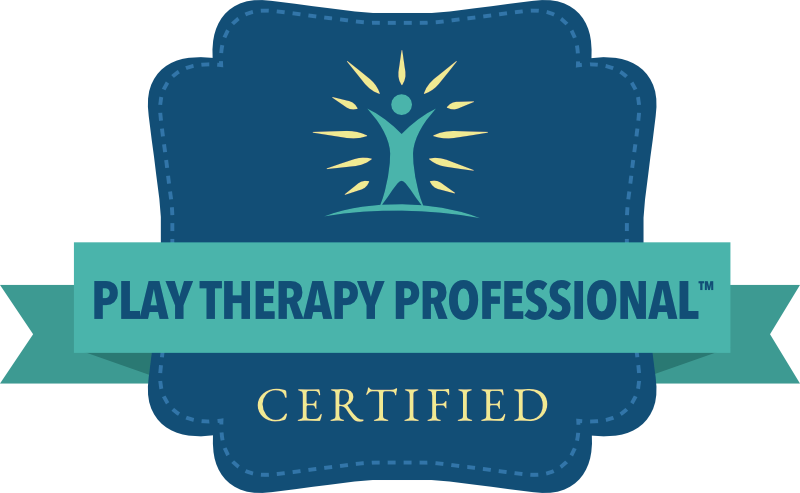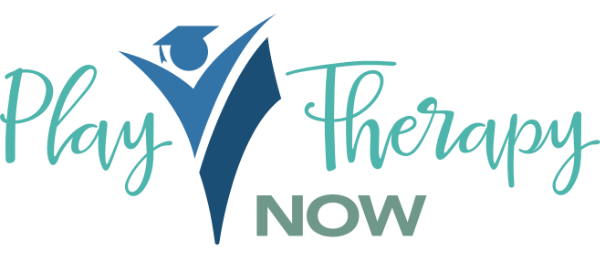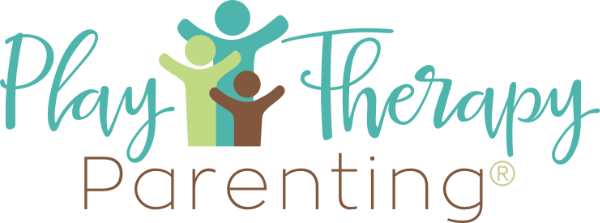Fine Tuning Limit-Setting: Clarifying the “A” in the ACT Framework
In this episode, I clarify the difference between reflecting feelings as a standalone reflective response and reflecting feelings within limit-setting (ACT model). While both serve important functions in CCPT, they operate differently—one builds emotional vocabulary, while the other provides validation and structure within a limit.
I also address a common mistake: reflecting cognitions instead of emotions. Therapists often acknowledge what a child is thinking instead of what they are feeling, which can miss the deeper emotional experience. Understanding these distinctions ensures that our responses in the playroom are both accurate and effective in supporting children’s emotional growth. If you’ve ever wondered why reflecting feelings looks different inside and outside of limit-setting, this episode breaks it down step by step.
Play Therapy Podcast Meetup – RICHMOND, VIRGINIA – March 7th, 2025 at 6:30pm
RSVP here: https://www.playtherapypodcast.com/meetup
PlayTherapyNow.com is my HUB for everything I do! playtherapynow.com. Sign up for my email newsletter, stay ahead with the latest CCPT CEU courses, personalized coaching opportunities and other opportunities you need to thrive in your CCPT practice. If you click one link in these show notes, this is the one to click!
If you would like to ask me questions directly, check out www.ccptcollective.com, where I host two weekly Zoom calls filled with advanced CCPT case studies and session reviews, as well as member Q&A. You can take advantage of the two-week free trial to see if the CCPT Collective is right for you.
Ask Me Questions: Call (813) 812-5525, or email: [email protected]
Brenna’s CCPT Hub: https://www.playtherapynow.com
CCPT Collective (online community exclusively for CCPTs): https://www.ccptcollective.com
Podcast HQ: https://www.playtherapypodcast.com
APT Approved Play Therapy CE courses: https://childcenteredtraining.com
Twitter: @thekidcounselor https://twitter.com/thekidcounselor
Facebook: https://facebook.com/playtherapypodcast








